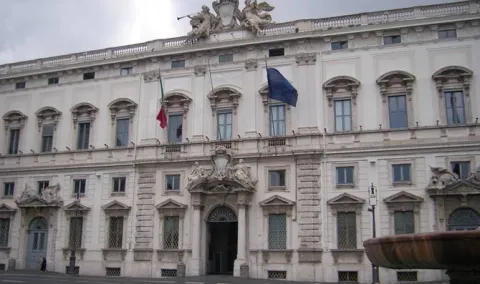
The Consultative Section for Regulatory Acts of the Italian Council of State (No. 01745/2021, 16/11/2021, 19 October and 9 November 2021, Giuseppa Carluccio - editor, Alessandra Colucci - secretary, Luigi Carbone - president) submitted its opinion on the draft regulation containing amendments to the Decree of the Minister for Cultural Heritage and Activities and Tourism No 177 of 24 December 2019 (so-called, culture bonus).
The Council premises as the culture bonus has been extended over the years (since 2016), through the technique of amending previous implementing rules.
Accordingly, the amendments follow one another on annual basis, the latest being linked to the first one. Besides, with the amended part still applicable to those who turned 18 years old (the age that allows to request the bonus) in the previous year.
Following Council’s opinion, such a procedure may give rise to uncertainties in the exact identification of the applicable provision by legal practitioners and beneficiaries, with a hardly readable ex se legal framework.
Thus, the Council seized the opportunity to give a precious contribution to the discussion on improving regulatory quality. The latter, by focusing on clarity of regulation, on institutional communication, and the subsequent ex-post impact evaluation.
Firstly, focusing on the “codification” of secondary legislation (“whereas” §1), the Council advises the need for a comprehensive codification of the many intervening secondary regulations, by reorganizing regulations that have followed through the years, consolidating those still in force, identifying the transitional ones and removing those now ineffective.
Indeed, the Council highlights that the reorganization of secondary sources is a critical tool and best practice for the quality of the regulation which, through the reorganization and codification, improves the clarity and quality of the regulatory framework in a given sector.
However, such tool is little (it at all) used, since in practice there are no single regulatory text drawn up under Law No 400 of 1988; while a permanent use would result in an evident regulatory simplification, in support of legal practitioners and end-users.
Secondarily, on the importance of institutional communication (“whereas” §4), the Council highlights that if the Administration aims at reaching proper effectiveness of the culture bonus, the latter should be supported by adequate institutional communication. Indeed, the Council states as initiatives of communication, information, promotion and assistance to end-users are critical tools to ensure law effectiveness.
Lastly, focusing on ex-post impact evaluation (“whereas” §5), the Council highlights as the latter is an essential tool to evaluate the appropriateness of the previously set goals and the continuing need for forecasting. Indeed, giving also the opportunity to draw conclusions for possible adjustments, as well as with respect to the choices of the legislator in reiterating the favourable measure.
With regard to the culture bonus case, the Council appreciates the use of the ex-post impact evaluation - rarely used by other Administration. However, the Council notes that to assess whether the culture bonus has actually achieved its objective, additional steps should be taken. For instance, the main quantitative indicators of the beneficiaries could have been eventually broken down with the identification of additional indicators to bring out qualitative profiles relevant to the evaluation. Thus, the Council of State specifies that it would be desirable to implement further indicators, suitable for defining the phenomenon more precisely, also by means of relevant social and behavioural indications. So, to rework the results of the evaluation to correct the public policy intervention.
In view of all the above, the Italian Council of State sides with the need to improve the quality of regulation. The latter, by highlighting issues not sufficiently addressed and contributing, potentially and hopefully, to opening a debate on the above-discussed topics.

Luca Megale
is a PhD Student at LUMSA University of Rome
and tutor of the European Master in Law and Economics - EMLE (Rome term).
Submitted on Mon, 11/22/2021 - 09:25

